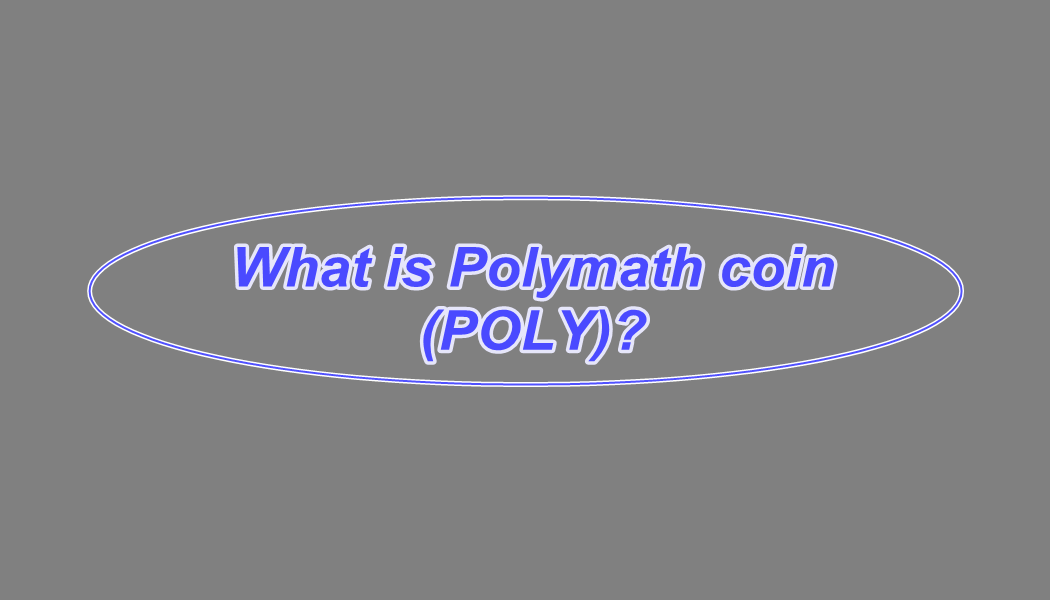



You could have signed up for the Polymath airdrop before January 10th, 2018. Overall, there are one billion POLY tokens that will ever exist. How Does Polymath Work? Token Supply and Sustainability Securities are then “bought and sold on secondary markets such as stock exchanges with fees ranging from 0.25% to 3%.” Polymath thus believes there is value in helping people legally registering their token while simultaneously providing a decentralized exchange with lower fees.

Unfortunately, this is an increasingly expensive and complicated process. Government regulations “require investors to receive financial and other material information concerning securities being offered for public sale.” The goal is to “prohibit deceit, misrepresentations, and other fraud in the sale of securities.” It seems like a noble goal given the frequency of ICO scams and at least 46% of 2017 ICOs already failing.įor public offerings, companies must register their securities with the government. Consequently, Polymath believes financial securities would function better on a blockchain and wants to replace the term shareholder with token holder. Polymath’s new standard for blockchain security tokens aims to embed the necessary regulatory requirements into smart contracts and comply entirely with government security regulations. As a result, security tokens, like any securities, are subject to government regulation. Security tokens, however, provide equity or a claim to dividends from a company. Utility tokens, such as Waltonchain, give you access to a token’s network and are far more common than security tokens. In 2017, ICOs raised over $1.2 billion in funding by selling either utility or security tokens. Due to the continuing government crackdown on initial coin offerings, Polymath hopes to instead provide legal Security Token Offerings. All transactions on the Polymath platform take place using the native POLY token. In order to launch a legally compliant token, the Polymath platform brings together issuers, legal delegates, smart contract developers, KYC verification, and a decentralized exchange.


 0 kommentar(er)
0 kommentar(er)
